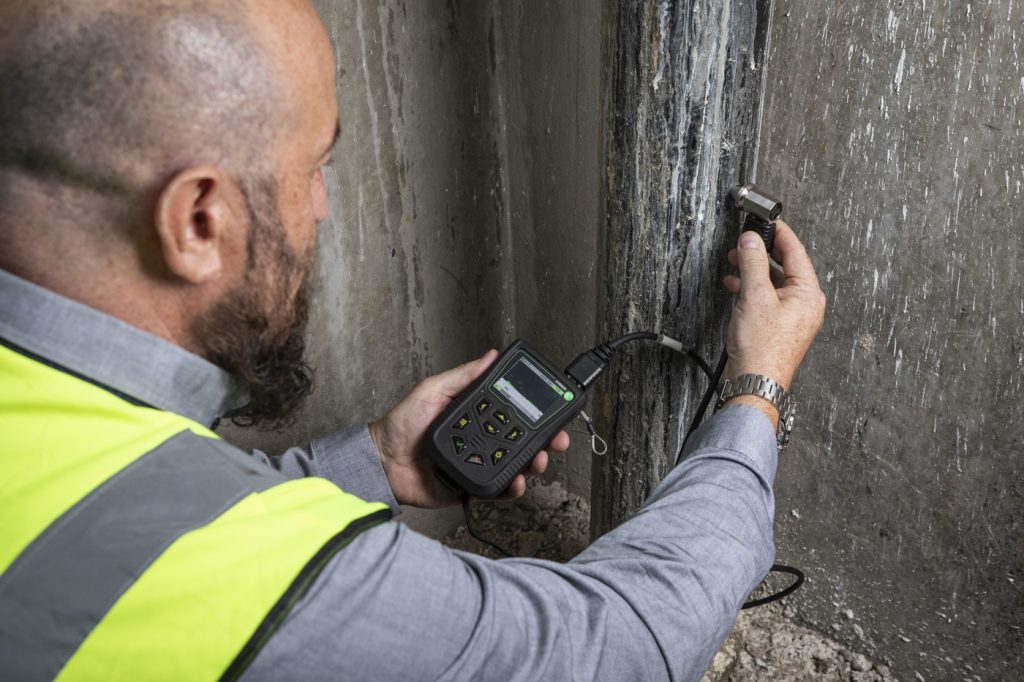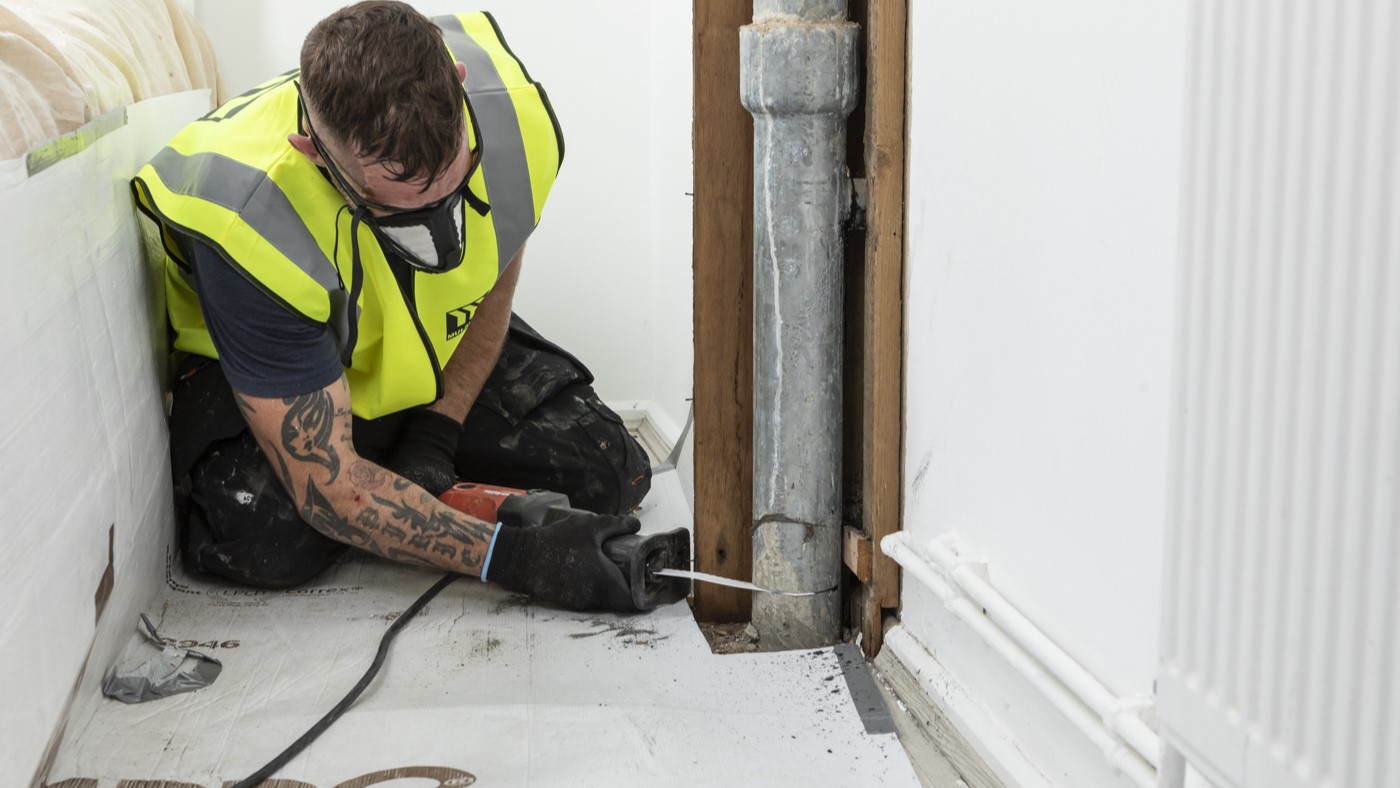With the launch of the Better Social Housing Review in June bringing an increased focus on the importance of refurbishing ageing public housing stock, Polypipe Building Services has announced the launch of a white paper offering guidance on one of the most complex and time-consuming RMI challenges – drainage system replacement.
Following government debate regarding the condition of some social housing in the UK, the independent Better Social Housing Review has been established to make practical recommendations to social housing providers to tackle problems from damp issues to communication with tenants. This has placed a renewed focus on how RMI projects can deliver best value and minimise disruption for residents.

Given the nature of the work involved, drainage system replacement can often represent a large portion of such projects. As Graham Hicks, Project Development Manager at Polypipe Building Services explains, this means specialist focus is needed:
“Replacing the drainage stack in a large residential building is a significant piece of remedial work, and inevitably means a period of time where residents are unable to use sinks, toilets and other facilities. Furthermore, given the nature of older buildings there has usually been a degree of renovation or reconfiguration work already undertaken which means planning exactly what needs to be replaced and how can be extremely complicated.”
“Getting drainage replacement right can often be make or break as to whether an RMI project overruns or causes unexpected disruption to residents. That’s why we have launched our latest white paper that gives specialist advice on what should be considered for this type of work.”
Based on case studies from recent public sector RMI projects, the white paper outlines key considerations for building owners and contractors so they can ensure drainage system replacements are carried out as efficiently as possible – helping to support the drive to improve the condition of the UK’s social housing stock.
The white paper can be downloaded from the Polypipe website here:



